NAB Show: White House Reporters Trade Stories From Trump Trenches
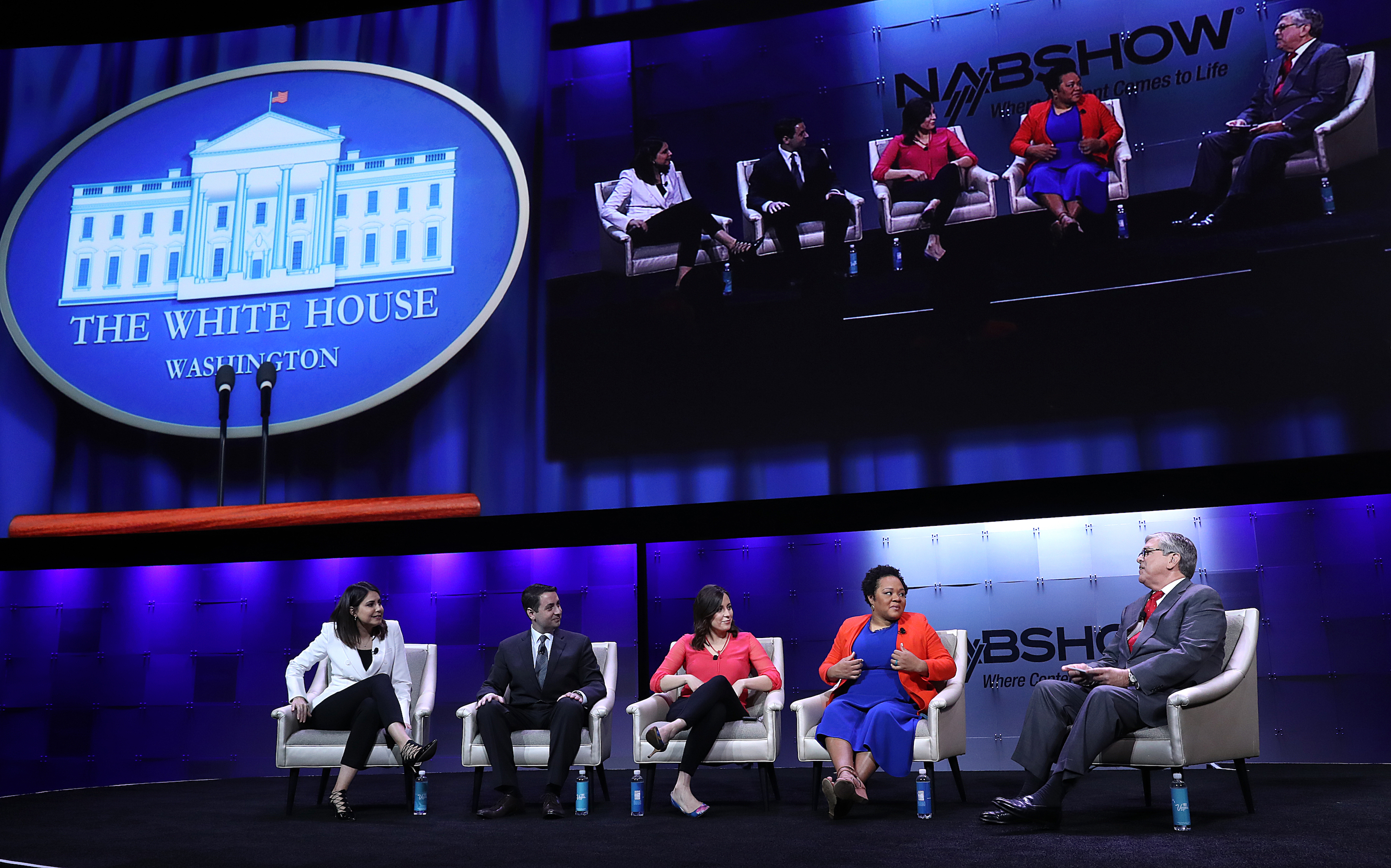
The smarter way to stay on top of broadcasting and cable industry. Sign up below
You are now subscribed
Your newsletter sign-up was successful
National Association of Broadcasters president Gordon Smith hosted a lively exchange among White House reporters Tuesday (April 9) as they traded war stories over covering the current President.
Weighing in were Cecilia Vega, senior White House correspondent, ABC News; Yamiche Alcindor, White House correspondent, PBS News Hour; Steven Portnoy, White House correspondent, CBS News; and Hallie Jackson, chief White House correspondent, NBC News.
Related: Trump Uses Press Attacks to Seek Support for Executive Order
Among the key takeaways were that their respective news operations had had to staff up to meet the 24/7 demands of a President who tweets morning, noon and night; that they were under pressure not to get stories wrong and thus provide ammunition for the charge of 'fake news,' and that they needed to watch their tone so that "snark" did not sneak into it and further compromise them.
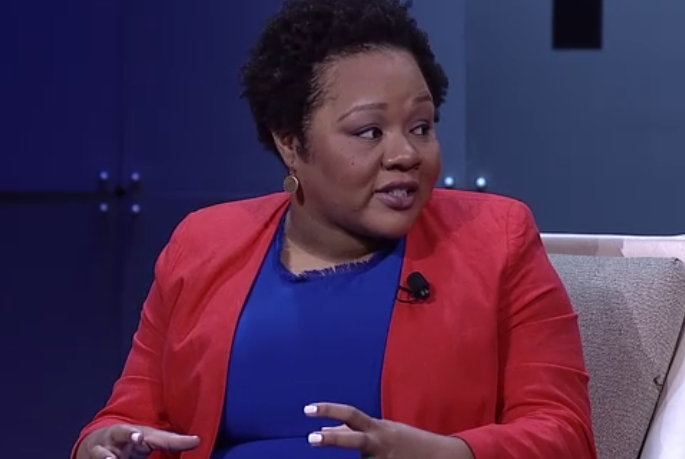
Alcindor said that having used to cover hurricanes and natural disasters earlier in her career for USA Today, she thought politics would be different, but she was wrong. Still, she said, she felt it was a privilege to cover what was clearly a historic presidency.
The session was far from a group back-patting exercise. Alcindor provided some food for thought when asked by Smith about the sense that the media's credibility was coming into question.
Smith said he had gone back to Oregon to speak and defended the press against charges of fake news and being the enemy of the people. But he said a former supporter of his took him to task for not recognizing the media bias against Trump.
The smarter way to stay on top of broadcasting and cable industry. Sign up below
Alcindor suggested that was not a new concern. She said that having covered the African-American community, there was a distrust of the media and how it reported on them. So, she said, part of her job was to convince her audience that she had integrity and was, indeed, reporting fairly. She said some may not believe reporting on Trump because long before he came along, whole communities did not necessarily believe what the media was saying.
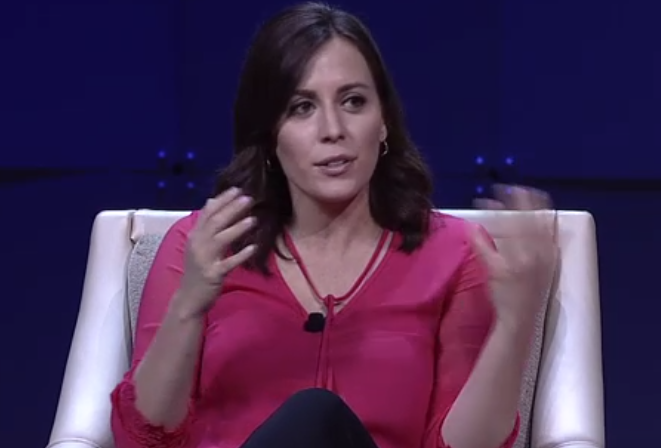
Jackson said that broadcasters need to figure out what they have gotten wrong in their White House reporting, "because we have," and do better.
She also talked of a "bubble mentality" in 2016 that helped them miss Trump's rise. She advised journalists to check their tone. Jackson said that some viewers were taking offense not at what they were reporting necessarily, but how they said it. "I know snark sells," she said. "But it is not what we are on this stage to do. She said facts delivered in a nasty way will undermine them.
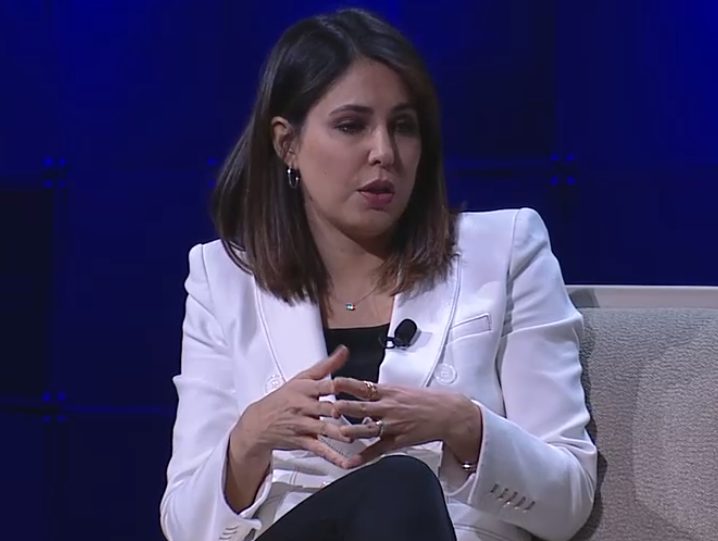
Vega had some words of advice for journalists along that same line. "Don't screw it up. Don't get it wrong. Don't give them the argument." She said it invariably happens,but that every time they get the facts wrong, it gives "them," whoever they are" ammunition to call us fake news and the enemy.
She also talked about the danger the anti-journalists rhetoric represents. She said she was at the rally where a Trump supporter jumped into the crowd and assaulted a photographer.
She said she looks both ways when she leaves the White House gates to see who might be ticked off.
"There is a serious danger in that rhetoric," she said, to applause and Smith's affirmation of "yeah, yeah." Smith said he hoped their news organizations were providing sufficient security.
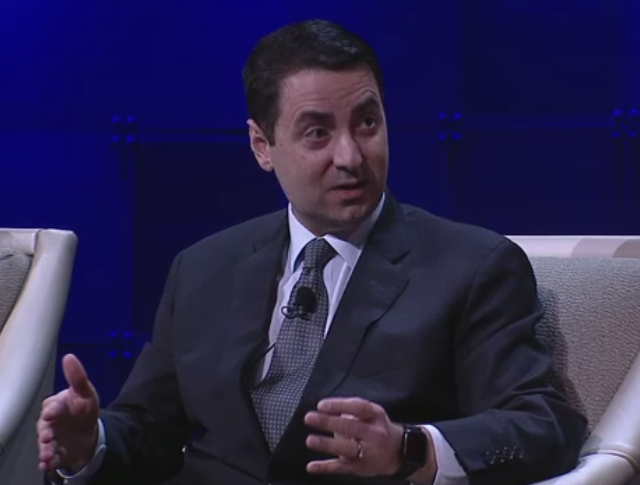
Smith asked whether they had a different relationship with the President off-camera or mic. Portnoy said yes, that he was more charming and less likely to be insulting, but that when he was at a rally or in front of supporters or in the media spotlight, he called them "the fakers."
Smith pointed out, as he has before, that tensions between the media go back not only to Barack Obama, but to George Washington.
Halley conceded that nobody says "I love what you wrote about me that I did wrong," but that there was a difference, including that the President had moved from saying fake news was the enemy of the people to all news was the enemy of the people.
Alcindor pointed out that Trump had insulted friends of hers, but she could not take things personally and get her tone right or she would be adding to the sense that the media had written the story before talking to anyone.
Photo: Cecilia Vega, ABC News; Steven Portnoy, CBS Radio; Hallie Jackson, NBC News; Yamiche Alcindor, PBS, and Gordon Smith, NAB, at the NAB Show. Credit: Johnstaleyphoto.com.
Contributing editor John Eggerton has been an editor and/or writer on media regulation, legislation and policy for over four decades, including covering the FCC, FTC, Congress, the major media trade associations, and the federal courts. In addition to Multichannel News and Broadcasting + Cable, his work has appeared in Radio World, TV Technology, TV Fax, This Week in Consumer Electronics, Variety and the Encyclopedia Britannica.

